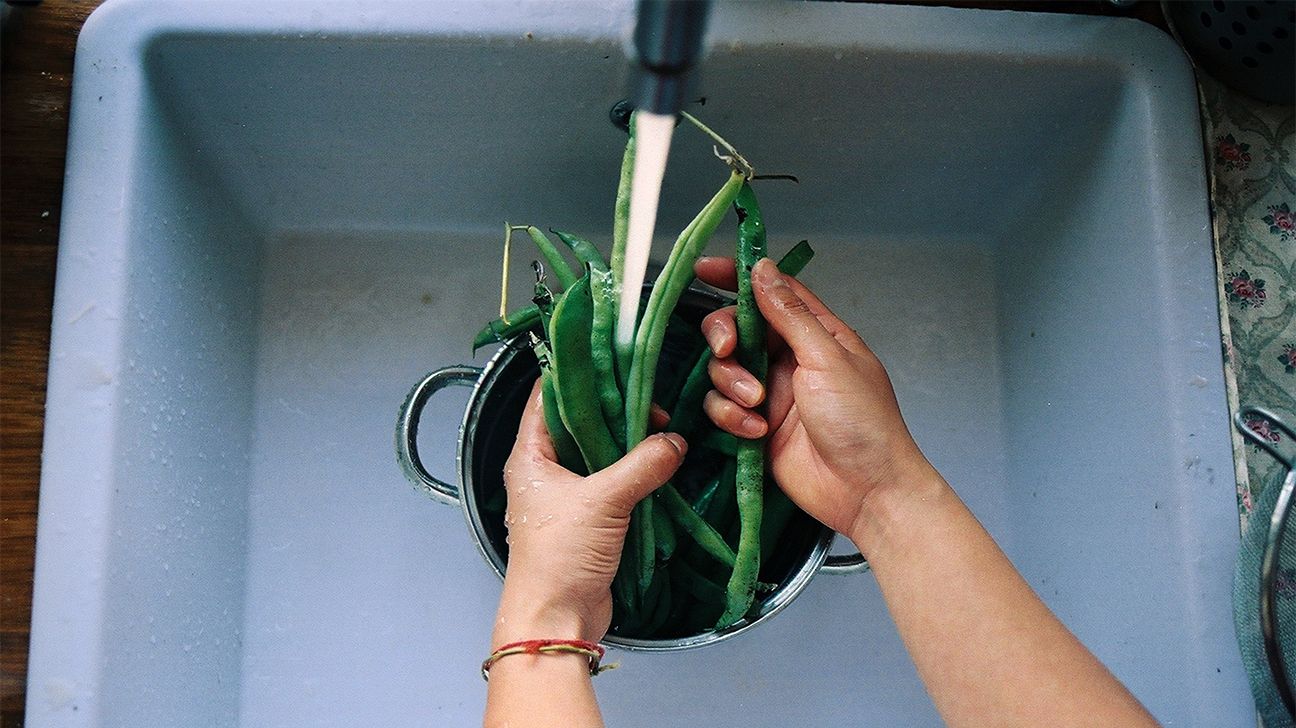At Greatist, we’ve got a network of medical advisers and health pros we rely on daily — and they’ve got expertise. So we asked them to share the top things they wanted us all to understand about COVID-19. Here’s what they said…
“Boost your immune system by sleeping 7 hours per night minimum, keep yourself hydrated with water, eat balanced meals with lots of fruits of veggies, and cut back on alcohol!” Angela Bell, MD and Greatist Adviser
“As a psychologist, I have had a few patients concerned about social distancing and isolation. I have told them: This is the one time online chat rooms and apps like Facebook may be a useful outlet — just be cautious of some of the ‘advice’ you see out there.” Timothy Legg, PhD, PsyD and Greatist Adviser
“As a dietitian I would like to tell my patients how important it is to continue to eat healthfully during the quarantine days of this pandemic, when it’s tempting to hunker down and eat comfort foods which can translate into junk food.
“Take care of your body by eating not only what feels good but also immune boosting foods that can help protect you from and help fight an illness. Think fruits, non-starchy veggies, fermented foods, proteins, fatty fish, and whole grains!” Katherine Marengo, RD, LD and Greatist Adviser
It’s important to understand that there isn’t any evidence showing that sex can spread COVID-19. However, sexual acts require close contact, and that could increase your risk. COVID-19 can be transmitted through saliva droplets, so that’s an important consideration. If you do engage in sexual activity, try to minimize your exposure risks. Use dental dams, condoms, and medical gloves, and make sure to wash your face and hands before and after you’re with a partner. Explore alternative forms of sexual intimacy, such as mutual masturbation, massage, or sexting. If you use sex toys, disinfect them thoroughly before and after use. Janet Brito, PhD, LCSW and Greatist Adviser
“I wish [people] had a better understanding of the importance of good hand hygiene. Wearing gardening gloves to the grocery store and then wiping the glove across your nose defeats the purpose! The less you can touch any surfaces, the better. As a dietitian, I have seen shelves that hold chips, cookies, and snacks empty while there are plenty of fruits and vegetables available.
“Eating a balanced healthy diet can keep immune systems stronger. Simply washing all fruit and vegetables under running water is adequate and cooking will kill the virus. Sanitize, sanitize, sanitize all surfaces touched daily — light switches, keyboards, door knobs, and telephones!” Kathy W. Warwick, RD, CDE and Greatist Adviser
For caregivers and children, think carefully and mindfully about how, why, when, and how much to access information. Have older children keep in touch with their friends via phone or video chat rather than more broad social media platforms. Watch and use social media with your children, rather than having them access it alone. Focus on what is helpful and within your/their control and limit the rest. Decide what information you need to move through your day and care for your family and loved ones, and where you can reliably get this information. Then, limit the rest. (I am having a hard time with this myself; I am actually considering setting a timer!)
Note your and your child’s mood after accessing media/information. Do you feel more or less in control? Anxious or optimistic? Does the information make you/your child feel more powerful and informed or more helpless? For younger children, they just need to know that their grown-ups have things under control and that they are safe. Ask open-ended questions and proceed based on their answers. Again, focus on what they can control (e.g.hand-washing, playing and being active) and shut out the rest. Karen Gill, MD, Pediatrician and Greatist Adviser
“I hope my patients understand the ways that they can help control this situation while trying to remain calm.” Tim Gossett, MD and Greatist Adviser

